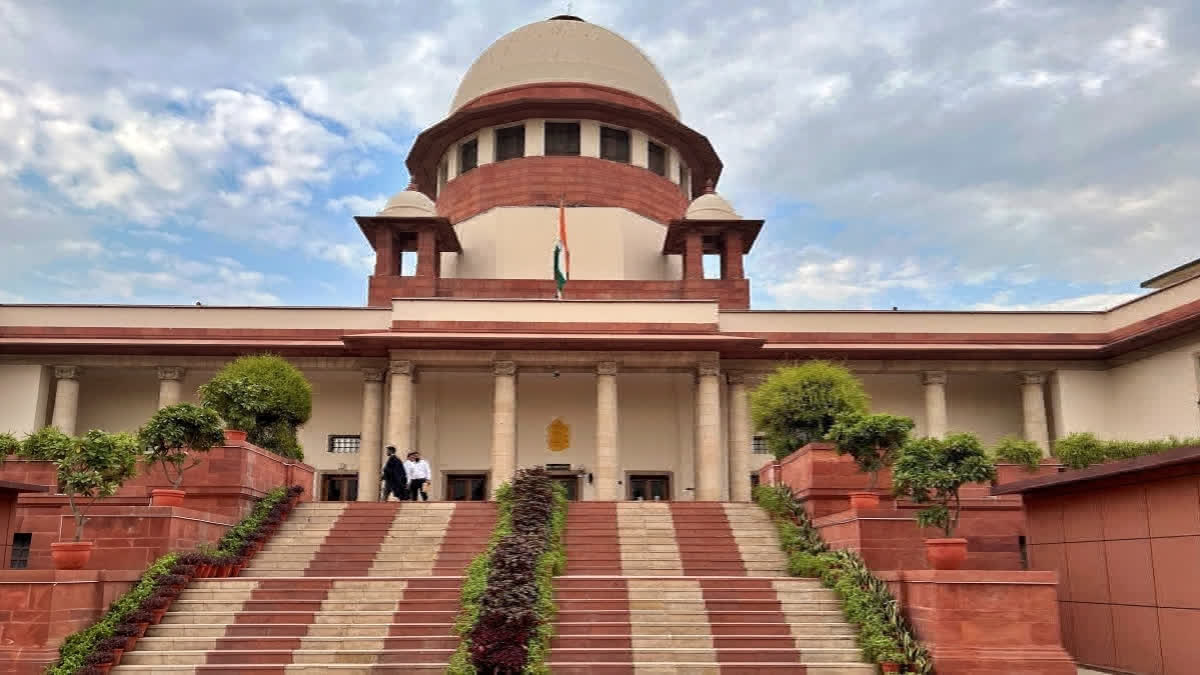New Delhi:The Supreme Court on Thursday, while striking down the electoral bond scheme introduced on January 2, 2018, as an anonymous mode to contribute to political parties, said the influence of money over electoral politics is not limited to its impact on the electoral outcomes but also spills over to governmental decisions.
The apex court stressed that there is a legitimate possibility that financial contribution to a political party would lead to quid pro quo arrangements because of the close nexus between money and politics.
The Chief Justice of India D Y Chandrachud authored the lead judgment on behalf of himself and Justices B R Gavai, J B Pardiwala and Manoj Misra on a batch of petitions filed by NGO Association for Democratic Reforms, CPI (M), Congress leader Jaya Thakur and others.
The CJI, in the 232-page judgment, noted that maintaining the anonymity of the contributor is a crucial and primary characteristic of the electoral bond scheme. He said the influence of money over electoral politics is not limited to its impact over electoral outcomes.
“It also spills over to governmental decisions. It must be recalled here that the legal regime in India does not distinguish between campaign funding and electoral funding. The money which is donated to political parties is not used by the political party only for the purposes of electoral campaigns. Party donations are also used, for instance, to build offices for the political party and pay party workers," said the CJI.
The bench said money can be contributed to political parties throughout the year and the contributed money can be spent by the political party for reasons other than just election campaigning. “It is in light of the nexus between economic inequality and political inequality, and the legal regime in India regulating party financing that the essentiality of the information on political financing for an informed voter must be analyzed”, said the CJI.
The bench said economic inequality leads to differing levels of political engagement because of the deep association between money and politics. “At a primary level, political contributions give a ‘seat at the table’ to the contributor. That is, it enhances access to legislators. This access also translates into influence over policy-making”, said the bench.
It added: “An economically affluent person has a higher ability to make financial contributions to political parties, and there is a legitimate possibility that financial contribution to a political party would lead to quid pro quo arrangements because of the close nexus between money and politics. Quid pro quo arrangements could be in the form of introducing a policy change, or granting a license to the contributor”.
The apex court said the money that is contributed could not only influence electoral outcomes but also policies particularly because contributions are not merely limited to the campaign or pre-campaign period. “Financial contributions could be made even after a political party or coalition of parties form Government. The possibility of a quid pro quo arrangement in such situations is even higher. Information about political funding would enable a voter to assess if there is a correlation between policy-making and financial contributions”, said the bench.
